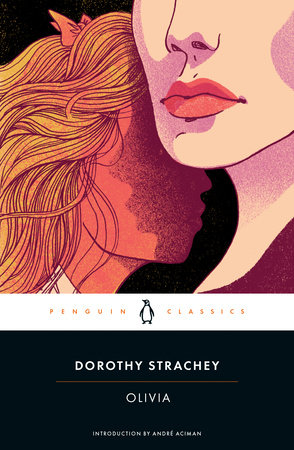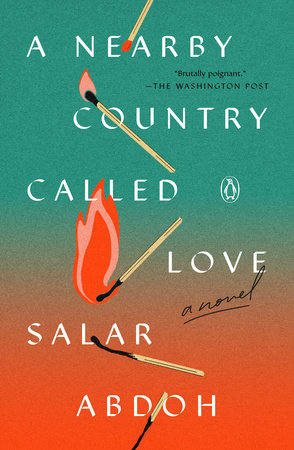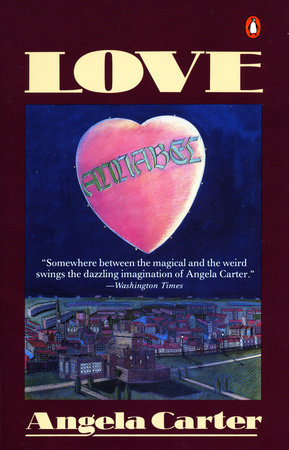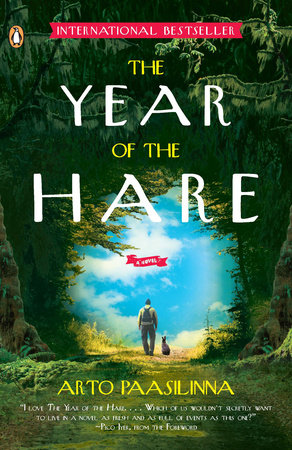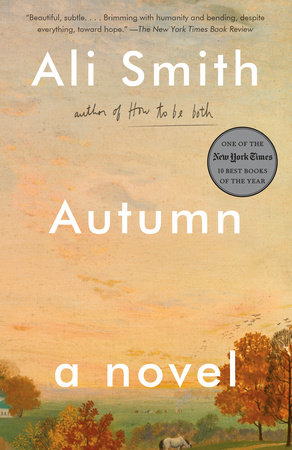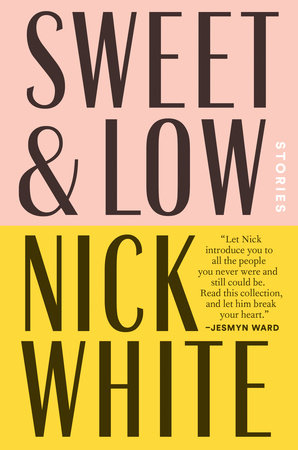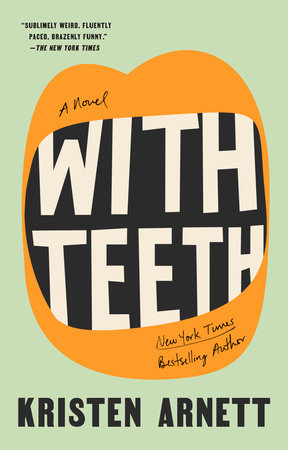1. What inspired you to write this novel? I read a newspaper article about something called Mars500: six volunteers were spending more than five hundred days in isolation, to mimic a complete Mars mission. I thought, “Well, that’s a fantastic setting for a novel. Too bad I can’t write it.” I always enjoyed movies or television shows set in space, but knew nothing about real space exploration, or astronauts, and considered that the amount of research I’d have to do before I even knew how to begin the novel would do me in. I’d spend years, and the book would almost certainly be bad. But the idea wouldn’t go away and every time I thought about it, I’d get unaccountably happy in a sort of anxious way, which is always a sign for me. So I started checking books out of the library and looking up articles online, pretending to myself that the reading I was doing was simply in the spirit of general curiosity, since of course I couldn’t really write this book. I kept my notes in a file named “That Which Is Ultimately Doomed.”
2. Did you ever have aspirations to go to space? Do you think there are certain qualities a person must possess in order to become a successful astronaut?
I have lofty ambitions but they’ve all been more or less Earthly. Until this book. Now going to space is something I think about every time I look at the moon. That would be my ideal destination: our moon. It’s a relatively short trip, the views are incredible, and with one-sixth Earth’s gravity, every step you take turns you into Baryshnikov.
Realistically, I don’t possess any of the qualifications that would justify my cargo weight. Astronauts are insanely competent people, massively educated, with Swiss Army knife personalities: a self for whatever circumstance a mission calls for. And they often possess both a quality and its opposite quality. You don’t find too many people who are okay with riding a rocket moving twenty times the speed of sound and also okay with spending long hours completing repetitive and boring tasks.
3. How did you come up with Helen, Sergei, and Yoshi? Were any of their characters inspired by real astronauts?
I read astronaut memoirs and interviews with great interest, but “my” astronauts had to be themselves, or I could not have dared to violate their privacy. Helen was in my mind from the beginning, and then I sort of cast the crew in a way similar to how I imagined Prime Space assembled them in the novel: a lot of thinking about what people would combine most effectively. Then came the great fun of peeling all that back, and imagining not just what it would be like to be them, but also what it would be like to love them—to be a daughter, a son, a wife, a husband, a professional observer.
4. Tell us a bit about your background. You were a ballet dancer for many years. How did you become a novelist? Are there any similarities or striking differences between being a dancer and being a novelist? Do you think there are any similarities between being a ballet dancer and being an astronaut?
The older I get the less I make these distinctions between the different jobs I’ve had. I never felt like I “quit” dancing, only that there was a point that I started writing. I’ve been some form of storyteller all my life. It’s the entirety of my education and the only thing I ever considered doing. I would call myself a reader before I would call myself an American. I started reading around the same age as I took my first ballet class so they’ve always been together inside me.
In some ways, the only thing dancing ballet prepares you for is being a ballet dancer, but then it’s so ridiculously difficult and physically demanding that everything after it—even writing novels—seems a little bit easier. Or at least more comfortable, since you can wear pants and sit down whenever you need.
Dancing and being an astronaut are both careers where you never leave off training, and you train a lot more than you perform. In both, you are constantly being observed and evaluated. There are no small or unimportant steps, and attention to detail is so paramount to success that it has to be something you are genuinely passionate about. They both get to wear cool outfits.
5. What research did you do to write this novel?
Well, I had a steep learning curve and I was a slow climber since I was constantly encountering technical things that took time for me to puzzle out. There was the usual reading: memoirs from people in the space industry, history of space programs, books on how and why we could (or should) go to Mars, the psychology of long-duration spaceflight, books and papers on the analog missions that exist now. I did a fellowship run out of the University of Wyoming called LaunchPad—a sort of Berlitz course in space specifically crafted for writers. I booked some sessions in a sensory deprivation tank so I could get a taste of what microgravity and true darkness may feel like. I wrote long, technically correct paragraphs and then deleted them because they were almost entirely about showing how much work I was doing and how hard I was trying, and served neither character nor story.
6. Why did you choose to write a novel about space that is not exactly set in space?
Space exploration is incredibly cool and completely fascinating but I was always looking for the novel that I could write, and that novel had more to do with trying to investigate interior space, psychic space, emotional space. And then, I was always returning to this theme of simulation, and the borders between reality and simulation. Once you start thinking about simulations, you begin to see them everywhere. The novel itself is a simulated world, a virtual space. In addition to philosophical considerations, I liked the idea of this insanely ambitious project transpiring in a corner of Utah. One of Luke’s “Obber” team refers to Eidolon as being “Chekhov in Space.” In Chekhov, pretty much every aspect of humanity gets thrown into a glaring light, but they all take place on some remote Russian estate where everyone is confined and thwarted and wishing they could leave. “Chekhov in Space” was another name for my file of notes, once I left off calling it “That Which Is Ultimately Doomed.”
7. Was there a character that was most difficult to write? Is there a character you feel closest to in the novel?
None of the characters were difficult to write, but they all took time. That’s fine with me, I have a long attention span and I loved them all so I loved crawling inside them. Plus, there were so many! Seven major characters. Lots of different costumes to wear, and I love a costume. I have a special feeling for Luke, who is a kind of extension of the Luke of my first novel, Blind Sight, and who I missed very much since writing that book. I’m also quite fond of Ilya, Dmitri’s younger brother, because he was the one character who didn’t require research. I was grateful to him, and so he gets funny dialogue.
8. The novel tackles the idea of exploration from both scientific and artistic standpoints. What drew you to these two fields? How do you see the views intersecting in The Wanderers?
A couple of years ago, I attended a lecture at CalTech where the neuroscientist VS Ramachandran was speaking. His talk had to do with his work in phantom limb syndrome, and during the Q-and-A session, an audience member asked him where he got the ideas for his remarkably creative—and quite simple—experiments. His answer surprised me. He said that he encouraged his graduate students to read poetry. Poets, he said, are our foremost practitioners of metaphor. They are the masters of connecting two seemingly disparate things together. And scientists need to cultivate this ability.
The answer seemed to me both generous, and right. Those in the sciences and those in the humanities cannot be left out of one another’s conversations. The stakes are too high.
9. What’s next for you?
A martini, very dry, very dirty.






